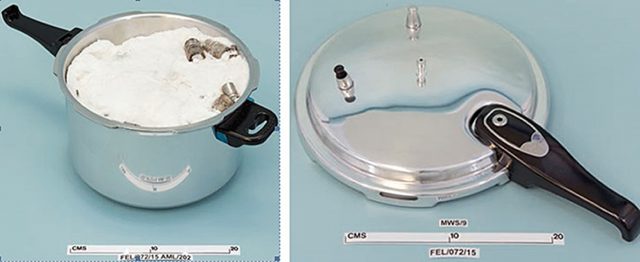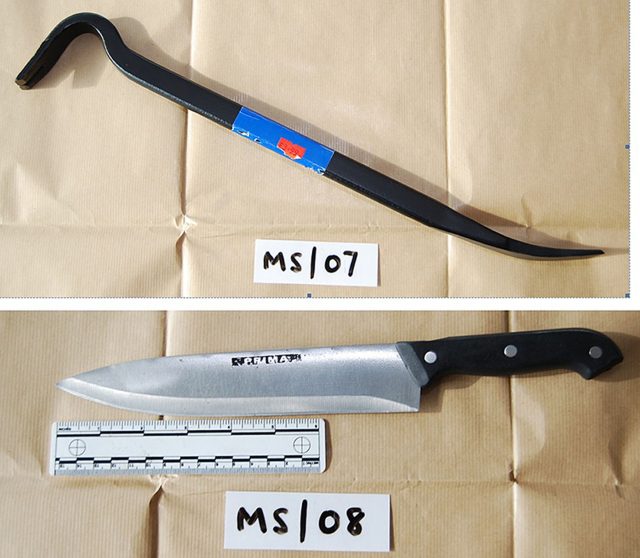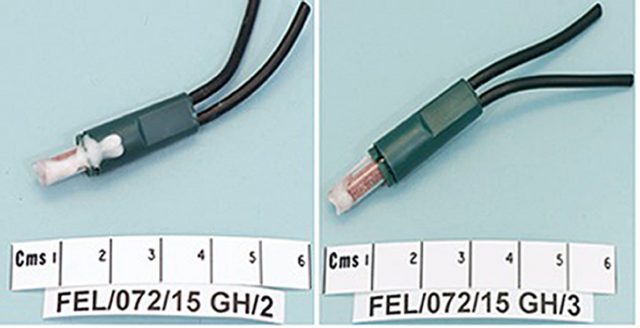Man who made detonator parts from Christmas lights guilty of bomb bid
Hussain’s trial was told he wrongly believed his non-viable “bomb” was capable of causing devastation.

A would-be terrorist who improvised detonator parts from fairy lights has been found guilty of attempting to make a pressure-cooker bomb.
Birmingham Crown Court was told Zahid Hussain – who considered railway lines as targets – was “bedroom radicalised” while viewing hundreds of Islamic State-related images and videos of the war in Syria.
Hussain’s trial was told he wrongly believed his non-viable “bomb” – packed with shrapnel – was capable of causing devastation.

The 29-year-old – who was captured on CCTV clambering into a storm drain near a high- speed rail line – was arrested in August 2015 after being seen “patrolling” the streets near his home in Naseby Road, Alum Rock.
Jurors at Birmingham Crown Court deliberated over two days before convicting Hussain of preparation of terrorist acts.
Alternative counts of making explosives and one of attempting to make explosives were ordered to lie on the court file.
Opening the case against Hussain at the start of a five-week trial, prosecution QC Annabel Darlow said the defendant also attempted to create a remote-control “initiator” for a device by modifying a wireless doorbell.

Miss Darlow told the jury: “It is the Crown’s case that the defendant, in the months leading up to August 9 2015, attempted to build a number of explosive devices.
“These included a home-made pressure-cooker bomb containing numerous pieces of shrapnel – in other words, a nail bomb … and a number of improvised igniters which he had made from fairy lights that one might otherwise see on a Christmas tree.”
Miss Darlow said the pressure-cooker did not contain the correct ingredients to constitute an explosive device, but the defendant believed he had created a viable bomb.
Hussain was also found in possession of a number of books which contained instructions on sabotage and guerrilla warfare tactics.

Miss Darlow told the jury: “After his computer was recovered, material showed that Mr Hussain held a pronounced interest in Islamic State and events in Syria.
“In his own words, he had become bedroom radicalised – turned into a radical by material he had accessed in his own bedroom.
“The defendant had viewed many hundreds of images relating to the Islamic State, violent military conflict and images which included those of Osama bin Laden and the Boston bombers.
“This material gives, you may think, a powerful insight into Mr Hussain’s thoughts and ideology during the relevant period in which he engaged in building the pressure-cooker device.”

Hussain was not present in court for the jury’s verdicts.
Hussain will be sentenced by Mr Justice Sweeney on a date to be fixed.
Chief Superintendent Matt Ward, head of counter-terrorism for the West Midlands, said the device had the potential to be a “viable” bomb.
He added: “There was no evidence of any intended target or specific attack. But, by its very nature, this could have been an extremely dangerous device.





